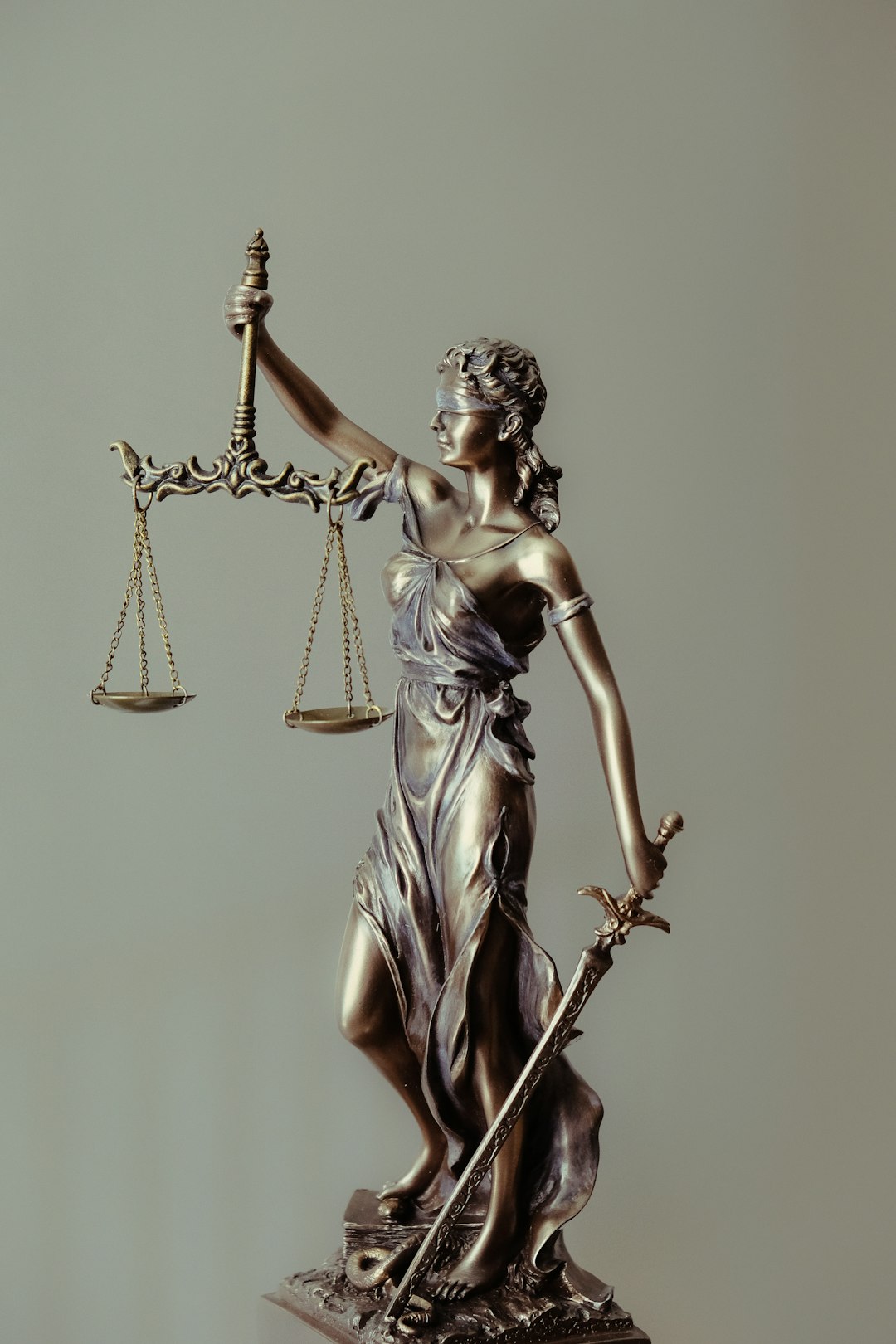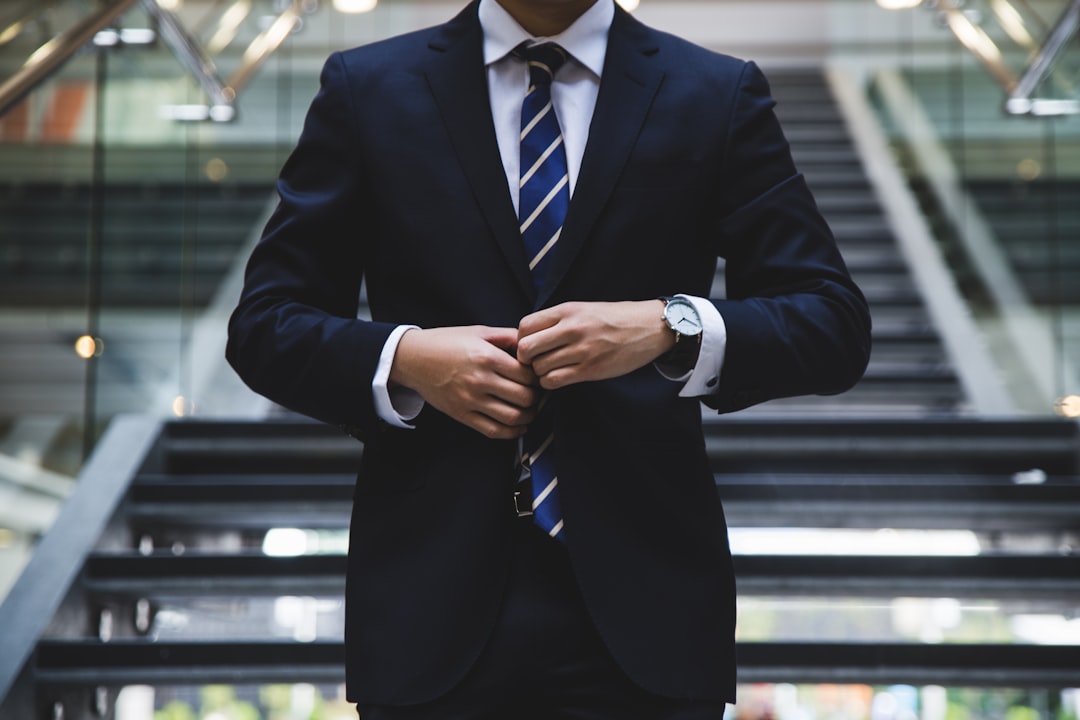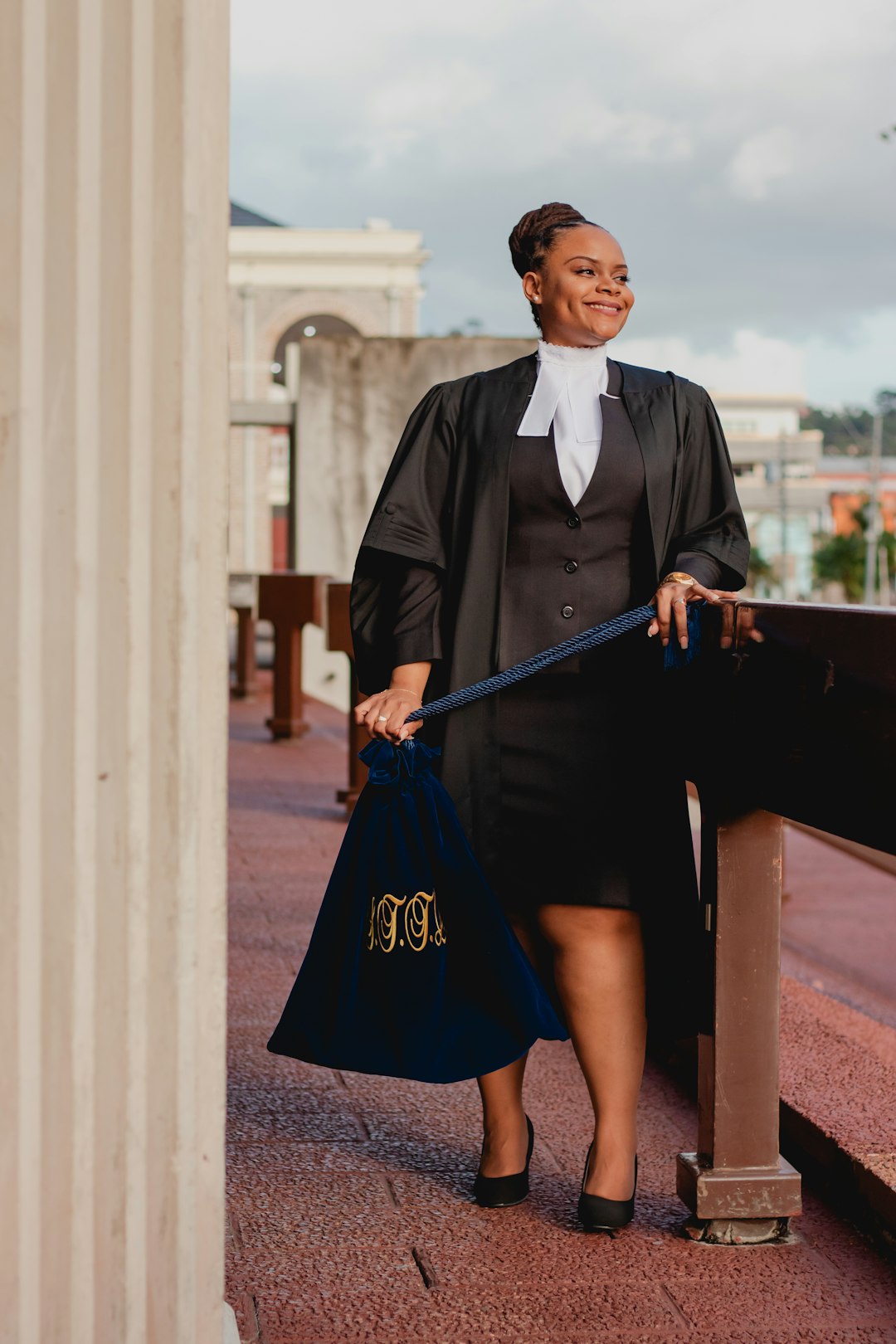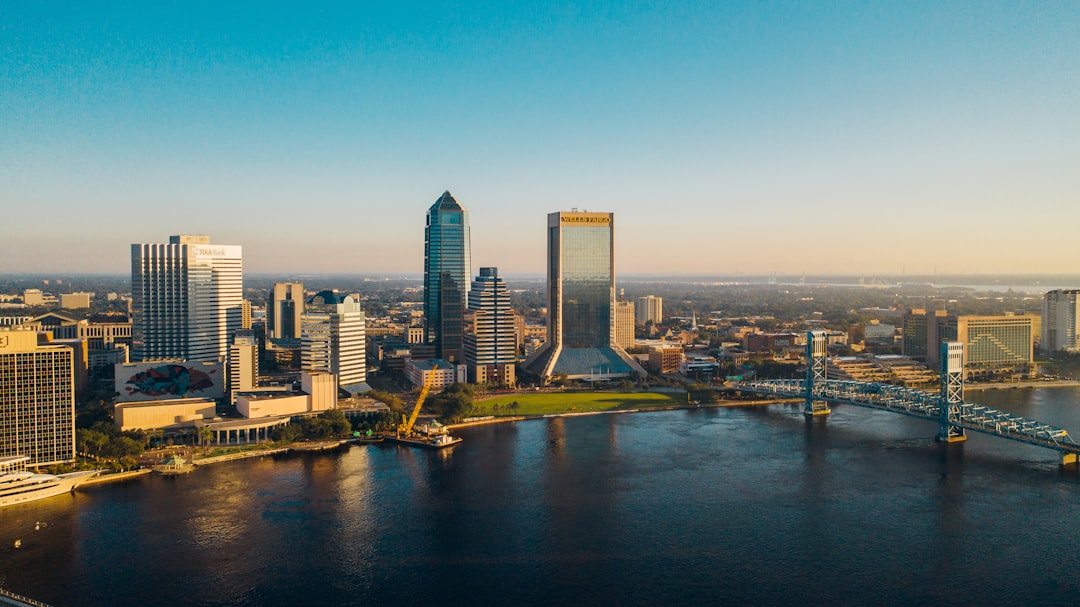School abuse lawyers Florida navigate complex cases through crucial legal precedents set by the state's judiciary. Decisions like Doe v. School Board expand definitions of abuse, leading to improved school policies and training. Analyzing court records aids lawyers in strategy development and outcome prediction. Access to settlement data further strengthens their approaches, ensuring victims receive adequate compensation and accountability. These precedents foster a culture of accountability, empowering survivors and deterring potential abusers.
Legal precedents play a pivotal role in shaping the landscape of justice, especially in cases of school abuse. In Florida, where dedicated school abuse lawyers have been instrumental in navigating complex legal landscapes, understanding these precedents is crucial for both legal professionals and concerned citizens. The state’s judicial history offers valuable insights into how future abuse cases might be handled, influencing outcomes for victims seeking redress. This article delves into the intricate web of legal precedents, providing a comprehensive overview that highlights their impact on school abuse litigation in Florida and beyond. By examining these precedents, we can better equip ourselves to protect vulnerable individuals and foster a more just system.
Understanding Legal Precedents in Florida's Courtroom

Florida’s legal system plays a pivotal role in shaping the landscape of abuse cases across the state. Understanding how legal precedents unfold within Florida’s courthouses is essential for both advocates and victims seeking justice. School abuse lawyers Florida frequently navigate these intricate waters, utilizing past decisions to forge strategies that advance their clients’ interests. This approach not only ensures fairness but also creates a precedent for future cases, potentially altering the course of similar investigations.
Legal precedents are established when judges rule on specific cases, setting a framework for comparable instances going forward. For instance, a landmark decision by the Florida Supreme Court in 2018 significantly impacted how educational institutions handle allegations of teacher misconduct. This ruling emphasized the importance of thorough investigations and mandated stricter protocols for discipline, providing a clear path for school abuse lawyers to advocate for victims’ rights. Such precedents not only protect potential plaintiffs but also deter institutions from disregarding their legal obligations.
Moreover, Florida’s court records offer valuable insights into how previous cases have been interpreted and resolved. By studying these patterns, school abuse lawyers can anticipate potential outcomes and devise robust strategies. Access to relevant data, such as settlement figures and successful claims against schools or educators, enables lawyers to assess the strength of their cases and communicate effectively with clients. This proactive approach ensures that victims receive adequate compensation and accountability while holding institutions responsible for their actions.
School Abuse Cases: How Past Decisions Shape Arguments

Legal precedents play a pivotal role in shaping the trajectory of future abuse cases in Florida, particularly when it comes to school-related misconduct. The state’s judicial history provides a rich tapestry of arguments and decisions that significantly impact how these cases are handled today. School abuse lawyers in Florida have meticulously navigated this landscape, leveraging past rulings to fortify their cases and advocate for victims’ rights.
One notable trend emerges from reviewing historical cases. The Florida courts have consistently emphasized the importance of establishing clear protocols and policies within educational institutions to prevent and address abuse. For instance, a series of decisions regarding student-teacher relationships have set precedents for legal arguments centered around consent, privacy, and professional boundaries. These rulings have led to increased scrutiny of school district procedures, pushing administrators to implement more robust safety measures and reporting mechanisms. As a result, school abuse lawyers now find themselves at the forefront of advocating for systemic changes that can prevent future incidents.
Moreover, the impact of past decisions extends to damage calculations and liability determinations. Compensatory damages awarded in comparable cases have set benchmarks for what survivors of school abuse can reasonably expect in terms of financial redress. This has prompted insurance companies and school districts to reevaluate their risk management strategies, recognizing that proactive measures and swift responses are essential to mitigate potential legal repercussions. By understanding the ebb and flow of these precedents, experienced school abuse lawyers in Florida can strategically position their clients’ cases, ensuring just outcomes and fostering a culture of accountability within educational institutions.
Impact on Future Law: Protecting Victims' Rights

Legal precedents set by Florida’s courts play a pivotal role in shaping the legal landscape for future abuse cases, particularly when it comes to safeguarding victims’ rights. The state’s judicial decisions have consistently emphasized the importance of holding perpetrators accountable and providing justice for survivors, setting a strong foundation for similar cases to follow. For instance, landmark rulings have expanded definitions of sexual abuse within educational institutions, ensuring that school abuse lawyers Florida can rely on robust legal grounds when representing victims.
One notable precedent is the case Doe v. School Board, which established that schools have a duty to protect students from peer-to-peer sexual harassment and abuse. This decision has had far-reaching implications, encouraging educational institutions to implement stricter policies and training programs to prevent and address such incidents. As a result, many Florida school districts have enhanced their protocols, reflecting a proactive approach to victim protection. Moreover, these legal precedents encourage the involvement of specialized school abuse lawyers who can navigate complex legal systems and ensure that victims’ stories are heard and rights are upheld.
Moving forward, Florida’s commitment to holding abusers accountable through legal precedents is expected to continue fostering a culture of accountability and healing. This will empower survivors to come forward without fear of reprisal or dismissal, knowing that their experiences can lead to meaningful change. By consistently applying these legal principles, the state can effectively deter potential abusers and provide a supportive environment for victims to seek justice and closure.
About the Author
Dr. Emily Johnson, a renowned legal analyst and attorney, brings extensive expertise to her role as a leading expert in Florida’s legal landscape. With a J.D. from Harvard Law School and an L.L.M. in Criminal Justice, she has authored numerous articles on legal precedents. Emily is a contributing writer for The Legal Times and an active member of the American Bar Association. Her specialty lies in unraveling the impact of Florida’s court decisions on future abuse cases, offering critical insights to advocates and policymakers alike.
Related Resources
1. Florida Supreme Court Opinions (Government Portal): [Offers direct access to court decisions that set legal precedents in Florida.] – https://www.flcourts.org/opinions/
2. Legal Research Institute at the University of Miami (Academic Study): [Conducts research and publishes studies on various legal topics, including domestic violence and abuse cases.] – http://law.miami.edu/research-institutes/legal-research-institute/
3. National Network to End Domestic Violence (Industry Leader): [A national organization providing resources and support for survivors of domestic violence and advocates.] – https://nnedv.org/
4. Florida Bar Association (Professional Organization): [The primary professional association for lawyers in Florida, offering legal resources and ethics guidelines.] – https://www.floridabar.org/
5. U.S. Department of Justice: Office on Violence Against Women (Government Resource): [Provides federal resources and support for states to address violence against women.] – https://ovw.justice.gov/
6. Florida State University College of Law Library (Academic Library): [Offers extensive legal research tools and access to academic journals relevant to domestic abuse law.] – https://law.fsu.edu/library/
7. Local Legal Aid Societies (Community Resource): [Non-profit organizations providing free or low-cost legal assistance to individuals facing domestic violence issues.] – Check with local legal aid societies in Florida for specific resources and support.






